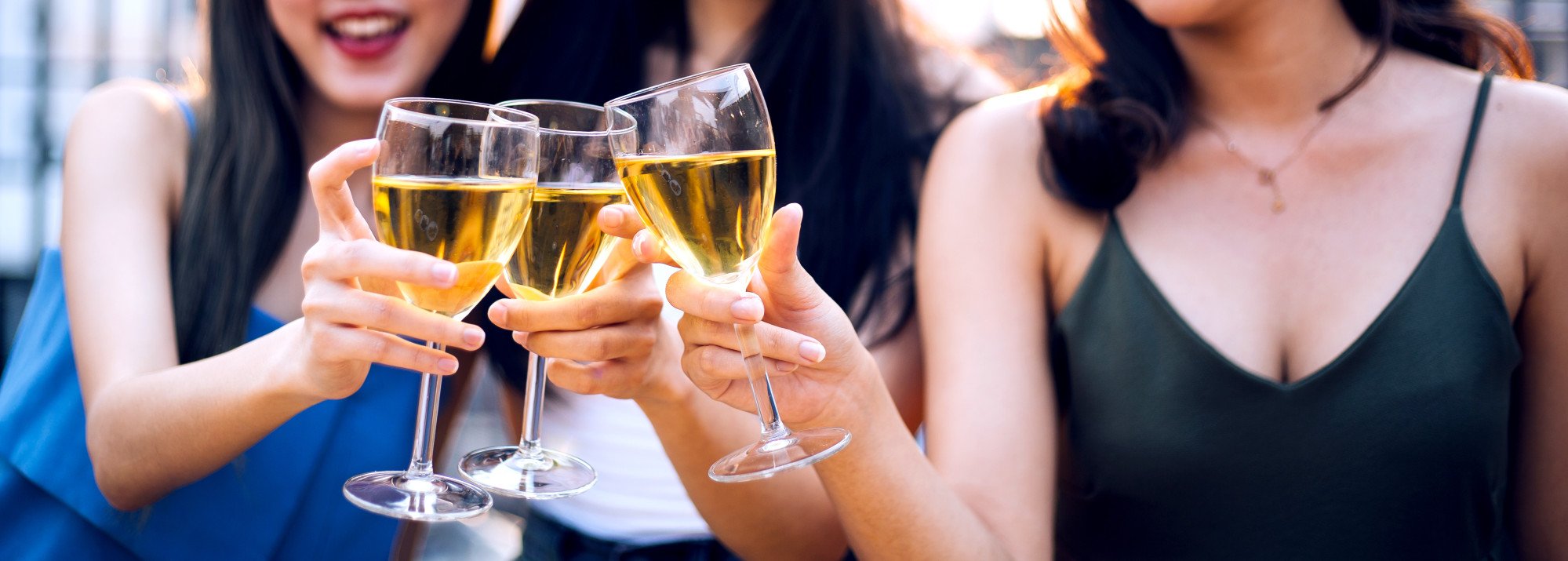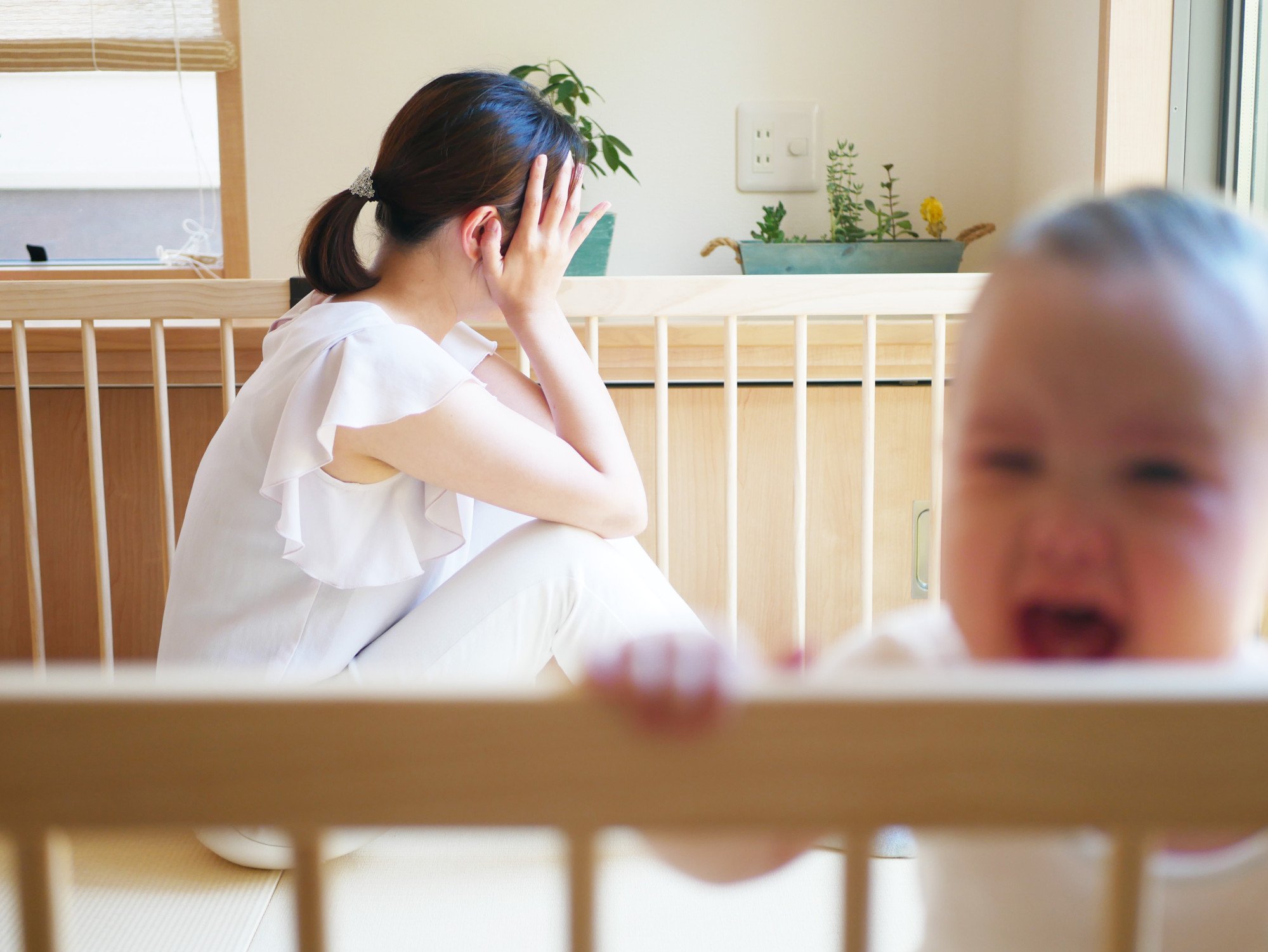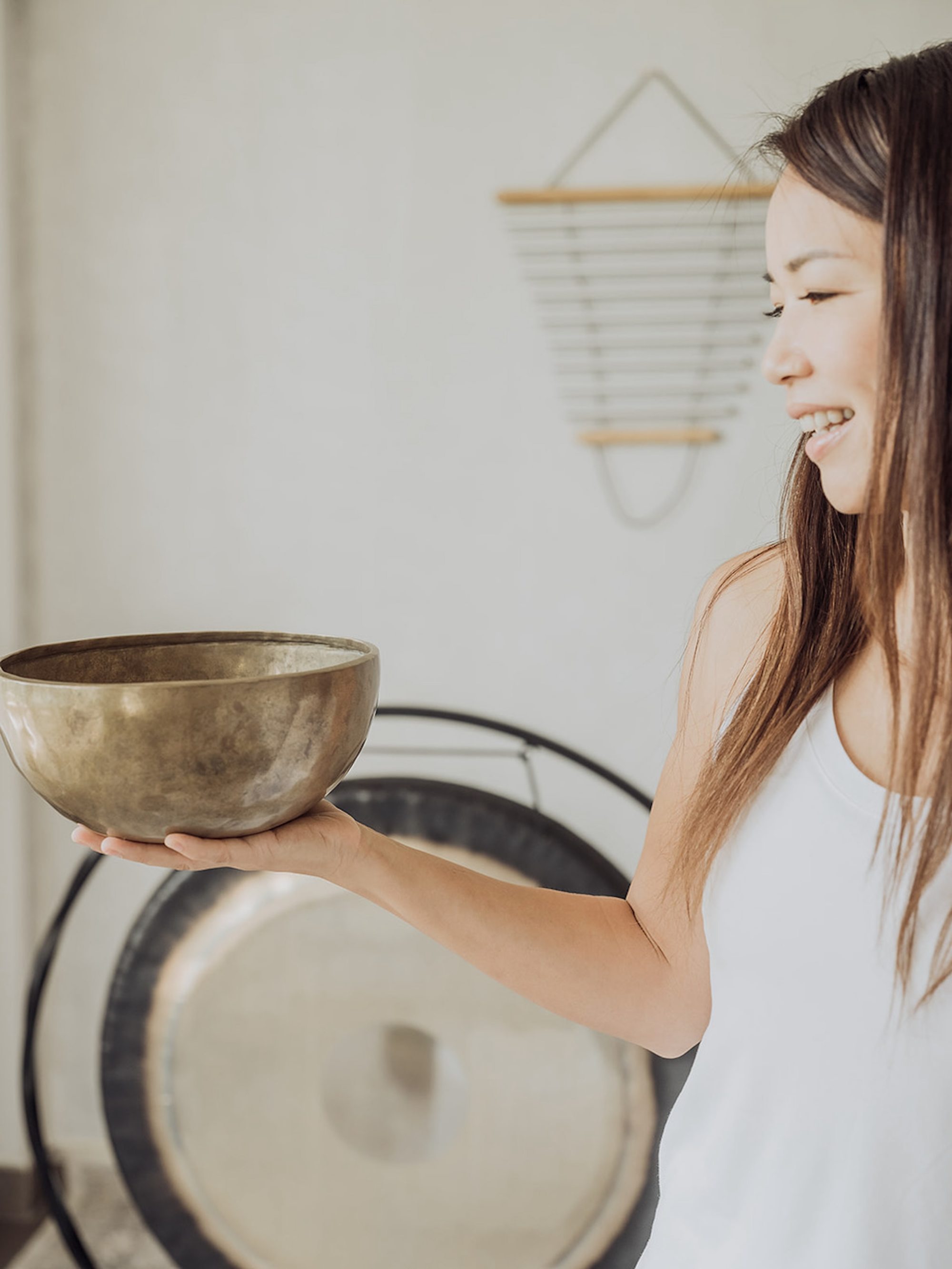
Explainer | What is ‘hangxiety’? Combination of hangover and anxiety leads a Hong Kong mum to give up drinking, practise mindfulness
- A psychologist says feelings of stress, panic and fear we experience while hungover can be attributed to the impact of alcohol on our brains
- Melisa Fu O’Connor, who stopped drinking because of ‘hangxiety’, explains how mindfulness ‘helps you pay greater attention to your habits, your feelings’
“Hangover anxiety” – “hangxiety” for short – is a feeling with which Melisa Fu O’Connor was once all too familiar.
After a booze-filled night out, the mother of four would wake up in the morning with an unbearable headache, barely able to function or think clearly.
Sometimes she had trouble recalling how she got home the night before, or even how the night had ended. She also felt stressed and anxious and would become confrontational and aggressive, especially if she had had too much to drink.
Her hangovers became worse as she got older, she says, but it was not until recently that she realised she had a serious problem.

“When I started drinking as a teenager, I could drink a lot of everything, from wine and beer to whisky, champagne and sake, and not suffer too much for it the next day.
“I never said no to a drink because I always felt like I was in control,” says O’Connor, 46, who lives in Hong Kong. “As the years passed, my hangovers got worse, and recovering from a night out felt like a huge struggle.
“I was even hungover at my own child’s birthday party one year – I couldn’t do very much and felt like such an irresponsible parent. It’s something I am not proud of and never want to repeat.”
Why Gen Z have embraced the low-alcohol or no-alcohol lifestyle
Hong Kong-based psychologist Dr Adrian Low says “hangxiety”, or feelings of stress, panic and fear experienced while hungover, can be attributed to the impact of alcohol on our brain.
“Alcohol is a central nervous system depressant, meaning that it slows the activity of the brain and nervous system. However, as the effects of alcohol wear off there can be a rebound effect, leading to an increase in anxiety symptoms.”
Low explains that alcohol affects neurotransmitters in the brain, including gamma-aminobutyric acid (GABA) and glutamate. GABA helps to reduce anxiety and promote relaxation.

Alcohol enhances GABA’s effects, which contributes to the initial feelings of relaxation and euphoria after drinking.
“But, when alcohol is metabolised and its effects wear off, GABA activity decreases, leading to a relative increase in glutamate, an excitatory neurotransmitter associated with anxiety and overstimulation,” Low says.
“This imbalance can contribute to feelings of anxiety, irritability, and even panic during the hangover period.”

When experiencing “hangxiety”, Low says it is important to try to relax. He recommends:
-
Deep breathing: practise slow, deep breaths to activate your body’s relaxation response. Inhale deeply through your nose, hold for a few seconds, and exhale slowly through your mouth. Repeat this several times to promote relaxation.
-
Mindfulness and meditation: mindfulness exercises or meditation can help ground you in the present moment and reduce anxious thoughts. Focus on your breath or use guided meditation apps or recordings to assist you.
-
Calming activities: find activities that help you relax and distract you from your anxious thoughts. This could include listening to soothing music, taking a warm bath, reading a book, or engaging in hobbies you enjoy.
Once 30kg overweight and depressed, now he’s a triathlete racer
According to Australia’s Alcohol and Drug Foundation, hangover symptoms – including anxiety – tend to be most severe the day after drinking, when the body’s blood alcohol level returns to zero.
They can last for 24 hours or sometimes longer – depending on how much you had to drink and other physical factors, such as body size and liver health.
Can you prevent “hangxiety” without completely cutting out alcohol? It is challenging, since alcohol’s effects on the brain can contribute to anxiety symptoms.

Low says, though, that there are steps you can take to minimise the likelihood of experiencing “hangxiety”:
-
Moderate alcohol consumption: stick to the recommended guidelines for low-risk drinking, which typically suggest no more than one drink per day for women and two drinks per day for men. Consuming alcohol in moderation may reduce the chance of experiencing severe hangovers and subsequent anxiety.
-
Stay hydrated: drinking alcohol can lead to dehydration, which can exacerbate hangover symptoms. Drink water or other non-alcoholic beverages alongside your alcohol drinks to stay hydrated.
-
Avoid mixing substances: having alcohol with other substances, such as drugs or medications, can increase the likelihood of experiencing adverse effects, including heightened anxiety.
The not-quite alcoholic who ran away from the bottle after 40 years
O’Connor confronted her drinking problem at the end of 2022. “I’d just completed a spiritual response therapy course, which made me assess my lifestyle habits. I realised that I couldn’t continue drinking the way that I was,” she says.
She cut the amount of alcohol she consumed, limiting herself to just one glass of wine a month, if at all, and only if she is at a social event where alcohol is served.
She no longer has hangovers and adds that she does not crave alcohol any more. In fact, she rarely ever finishes her one-glass allowance because she does not find drinking as enjoyable as she did before.

O’Connor owes these changes to mindfulness, she says. She now runs a Hong Kong-based holistic lifestyle company called Lucid, which teaches others how to practise mindfulness in everyday life.
“Mindfulness helps you pay greater attention to your habits, your environment, your feelings, and what you put into your body,” she says.
“Once I became aware of my own unhealthy drinking habits and how they made me feel, I felt empowered to treat my body differently and to stop poisoning it with alcohol.
“I definitely function better now – I have greater mental clarity and feel more in control of my choices.”

